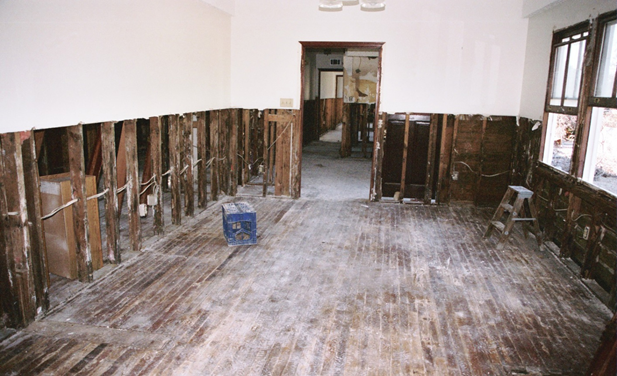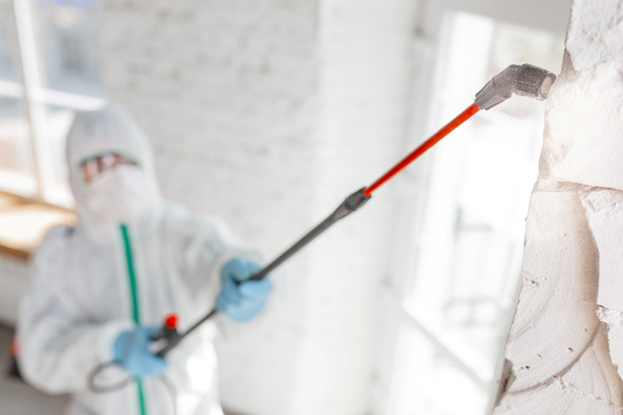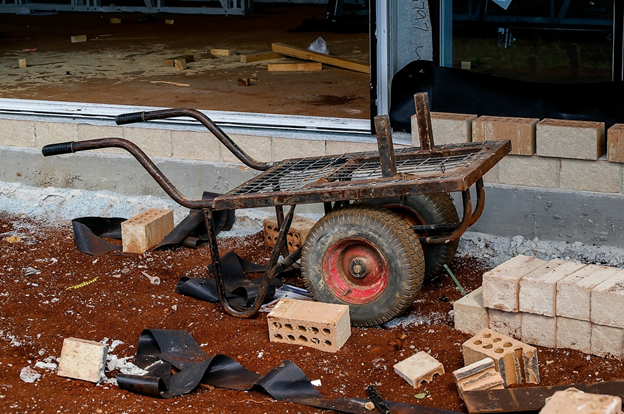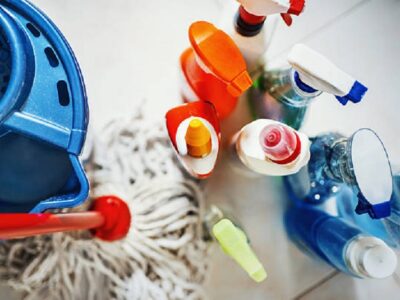
Maintaining an entire house is not an easy task. There are a lot of things we need to take care of, and one of them is the crawl space. As we all know already, mold is the number one enemy for those living in a house, and our crawl space is like the breeding ground for it. Mold is not only a cosmetic issue, if the fumes end up spreading through air circulation it can be a health hazard as well. To prevent all this from happening, you need to regularly check the status of our crawl space, especially if you live in an area that’s often rainy. Most leaks and water-related issues in our crawl space are indeed caused by rain entering areas that are supposed to remain dry.
In today’s article, we’ll help you understand why it’s so important to repair water damage in your crawl space and how doing so will prevent huge materialistic loss later on. Let’s take a look.
Understanding why water damage occurs in crawl space
If you live in a rainy area and you don’t have the best seal-off coating in your water-prone areas, chances are you’ll get some water in your crawl space in the fall season. Water can get there through the gaps in your house’s foundation, the cracks in your walls, or simply through the soil, which is rare but does happen. Our expert contributors at Elite Moisture Solutions provide crawl space services in North Carolina where they get quite a bit of rain year-round, but have noticed the majority of their business comes during periods where rain has occurred over a span of several days. Besides rain, crawl space water damage can also occur from:
- Pipe bursts or weak valves.
- Faulty HVAC equipment or water heater
- High humidity over time can also cause mold to appear in your crawl space.
Waterproofing is really important in such a scenario, but it’s difficult to do this on your own. Many companies offer waterproofing services (also known as crawl space encapsulation), and we suggest hiring a team of professionals for the task if you start to notice an increase in water damage in your crawl space. Drainage conduits and the installation of moisture barriers are viable methods for the prevention of water damage in your crawl space.
Your crawl space is a breeding ground for mold when it’s wet

Mold is the number one enemy of every home, and if you are someone who had to deal with mold in the past, you are probably really familiar with what we’re talking about. It’s much easier to prevent this from happening than having to deal with it later on, but unfortunately, accidents happen and sometimes it’s too late once you realize mold already started appearing in your crawl space.
Mold is not just a cosmetic problem. Sure it looks gross and it smells awful, but that’s not the scariest thing about it. According to doctors, mold can cause serious health issues, especially in people who are already prone to allergies or even worse, asthma. Your HVAC systems will secretly circulate the mold-infested air and the spores throughout your entire home without you knowing anything about it. If you are regularly doing work in your crawling space, breathing the fumes is dangerous for you. This is why we always stress out how important it is to keep your crawling space dry at all times. If mold starts slowly increasing in quantity, you will soon start experiencing unpleasant smells throughout your entire home, especially during periods when you use appliances that contribute towards the circulation of air in your home.
Water can damage the foundation, your house’s most important part

Water drips and leaks happen now and then, it’s pretty normal to experience something like it. However, these problems should never be ignored. Something that looks like a harmless drip can be the end of your home’s foundation. Everything that’s made out of wood will start soaking up the water and that will make the construction weaker. It’s a huge safety issue and should never be ignored. We strongly believe that anyone living in a house should regularly check what’s going on in their crawl space so they can prepare for unwanted things such as pipe leaks or bursts.
The problem is much easier to solve when it’s still early
A pipe ended up leaking some water in your crawl area? No problem, a few days of that happening is nothing too serious. You can crawl down there, dry things out, and replace the pipe. It doesn’t matter if you do it yourself or hire a professional plumbing crew for it. What matters is that you do it on time.
Now here’s the part about regularly checking your crawl space. If you go down in your crawl area and you hear a drip, then you quickly identify which pipe is dripping and dry up the puddle of water, it’s no big deal. However, if you forget about maintaining the crawl space and once of a sudden you go there and see a flood, not knowing which pipe is leaking, then you have a serious problem. You’ll have to stop the entire water supply coming to your home, check every pipe separately and go through a lot of complications to fix something so easy to fix if you were aware of the problem on time.
Identifying the problem early can help you prevent it from happening again
By knowing what’s causing the leaks in your crawling area, you will be able to make a small investment and prevent the problem from happening again. Better-quality pipes or some isolation for when it rains? No problem. However, you won’t know what the issue is if you let the problem escalate. You’ll only start being suspicious of multiple different things and you won’t be able to tell what caused the flood down there.
Conclusion
Mold is a dangerous thing, even though it doesn’t seem like it at first. Mold usually appears in the crawl space of your home, and it’s something you want to take care of before the problem escalates. To do so, we advise encapsulating your crawl space to prevent water damage as soon as it happens and then investing in some sort of prevention so that you won’t have to deal with it again in the future.











